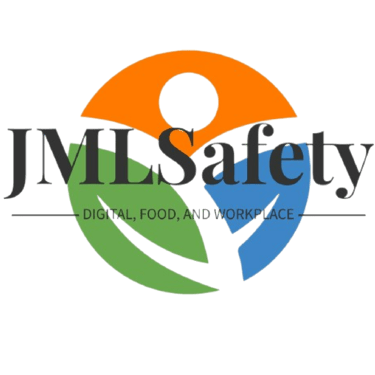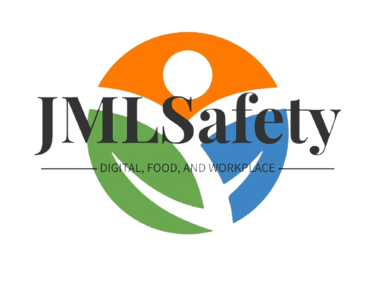Bystander CPR and First Aid: Empowering Communities for Emergency Response


Why Bystander CPR Matters
Cardiac arrests often occur outside of medical facilities, making bystander intervention crucial. According to the American Heart Association, approximately 350,000 cardiac arrests occur outside of hospitals each year in the United States. Of those, less than 10% survive to leave the hospital. However, immediate CPR can double or even triple the chances of survival (American Heart Association, 2020).
Key Benefits of Bystander CPR:
Immediate Response: Bystanders who are trained in CPR can act quickly, often before emergency medical services (EMS) arrive. This rapid response is vital in improving outcomes for victims of cardiac arrest.
Increased Awareness: Training programs raise awareness about the signs of cardiac arrest and other emergencies, encouraging individuals to take action rather than wait for help.
Community Resilience: When more individuals in a community are trained in CPR and First Aid, the overall resilience of the community increases. Trained individuals are more likely to respond to emergencies, fostering a safer environment for everyone.
JML Safety Training Programs:
Comprehensive CPR and First Aid Courses: Our courses cover essential skills, including:
Recognition of Emergencies: Participants learn to identify emergencies quickly, such as cardiac arrest, choking, and severe bleeding.
Effective Techniques: Hands-on practice of CPR techniques and First Aid skills, using realistic scenarios to help participants develop instinctual responses.
Group Training Opportunities: Encourage businesses, schools, and community organizations to host CPR training sessions for employees and members. This not only fosters a culture of safety but also strengthens community ties.
Continued Support and Resources: After training, we provide resources and follow-up opportunities to reinforce skills and knowledge. Regular refresher courses help ensure individuals remain confident and competent.
Public Awareness Campaigns: Collaborate with local media and organizations to promote the importance of CPR training. Engaging community members through workshops, demonstrations, and informational sessions can significantly raise awareness.
At JML Safety, we believe that training individuals in CPR and First Aid is more than just skill acquisition; it's about empowering communities to take action when it matters most. Together, we can create a network of trained responders ready to make a difference in emergency situations, ultimately saving lives and enhancing community safety.
References:
American Heart Association. (2020). "Statistics for CPR and First Aid Training." Circulation.


